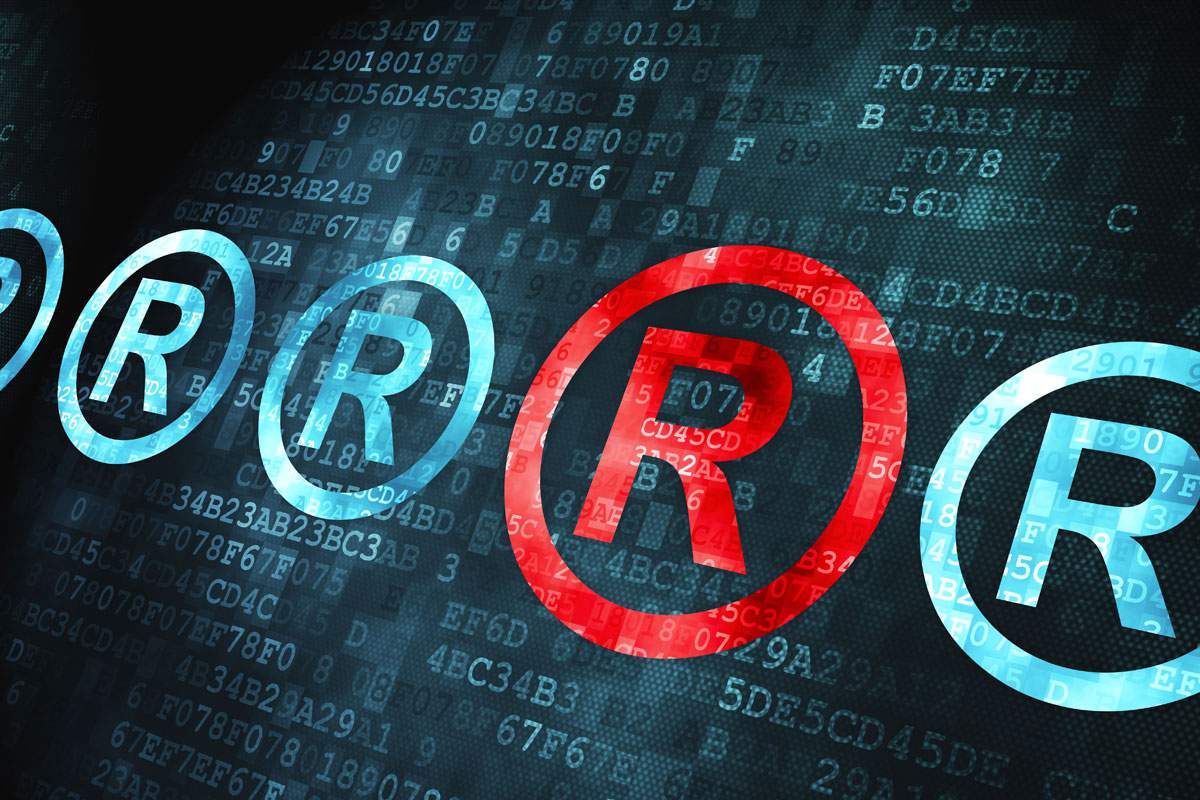WordPress Foundation v Yablon and PC-VIP, Inc
Introduction As many will know, the WordPress Foundation has commenced court proceedings against Mr Yablon and PC-VIP, Inc in relation to the use of “WordPress” in “The WordPress Helpers” website and multiple domain names: thewordpresshelpers.com, thewordpresshelpdesk.com, thewordpresstrainers.com, thewordpressteachers.com, thewordpressdoctors.com, wordpresstraffic.com and thewordpresstutors.com. Attempts to resolve the matter without resorting to court proceedings have, it seems, been unsuccessful. The WordPress Foundation’s complaint against Mr Yablon and PC-VIP, Inc, filed with the United States District Court for the Northern District of California, contains five claims for relief. It also seeks a jury trial. The complaint is available online if you’d like to read it. Fools rush in where angels fear to tread I don’t propose to express an opinion on whether and if so how many of the claims may succeed. Not only is it more appropriate to leave that to US trademark and cybersquatting attorneys but we are yet to see a statement of defence from the defendants and we are probably not fully aware of the full range of facts (other than the obvious ones) …



